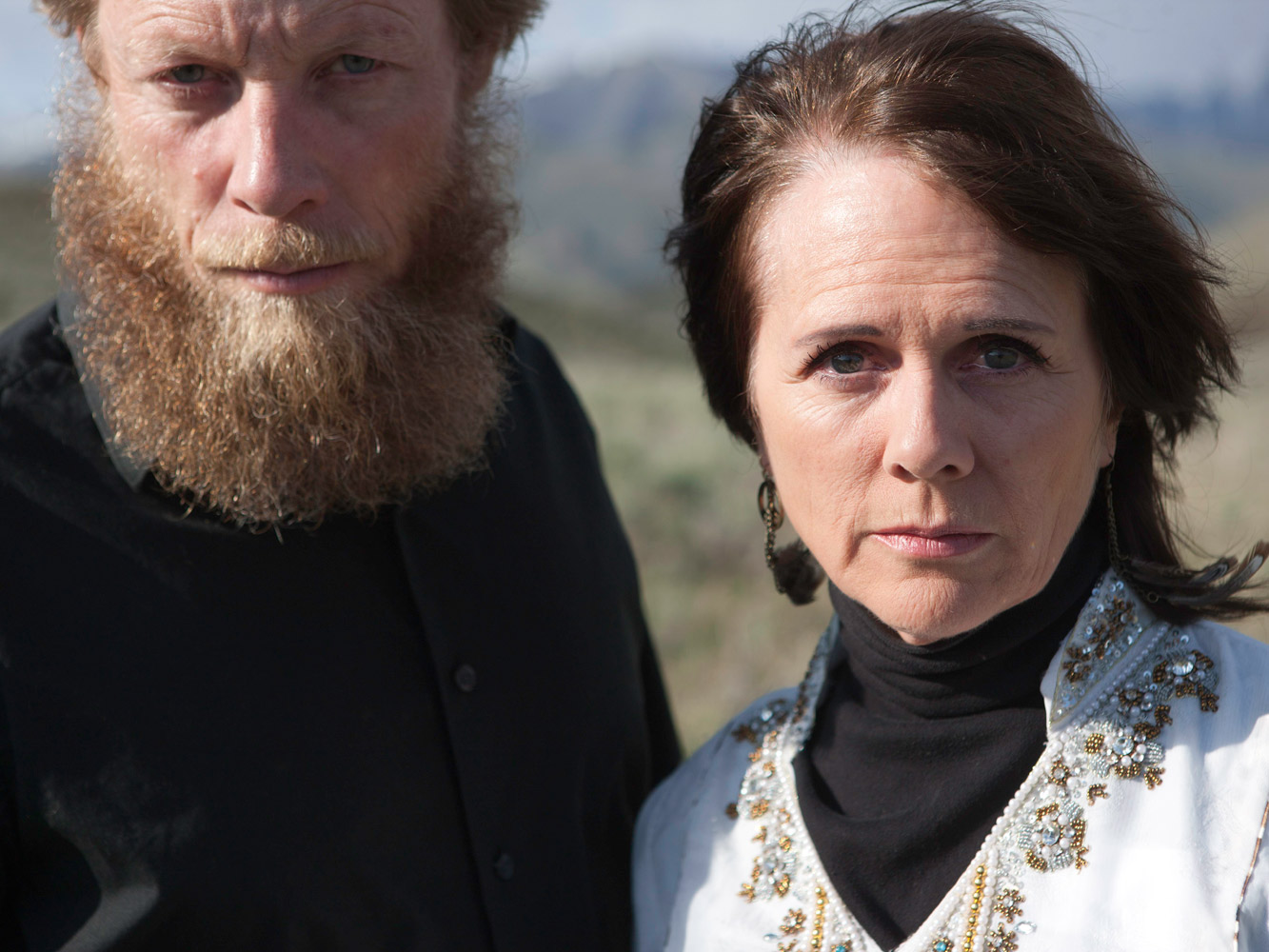
During the ten and a half years that Americans have been fighting in Afghanistan, as tens of thousands of troops have rotated in and out of the combat zone, only one soldier has ever been captured by the Taliban. His name is Bowe Bergdahl, and since June 30, 2009, he has been America’s last living Prisoner of War.
Bowe Bergdahl grew up on a dirt road that winds through a narrow river valley a few miles outside of town of Hailey, Idaho. The town of about 8,000 guards the highway to the ski resorts of Sun Valley where billionaires and movie stars spend their ski vacations. Bowe’s mother, Jani, home schooled him and his older sister, and Bowe spent years studying martial arts and fencing, becoming particularly accomplished at the epée. After a period of wandering, Bowe joined the Army at age 22, and soon after completing his training shipped out for Afghanistan. “He saw Afghanistan as a humanitarian mission,” Bowe’s father Bob says. “It was the highest ground for an American soldier.”

After their son was captured, the Bergdahls kept their silence. Intensely private, devout Presbyterians, they chose to work behind the scenes to try and bring their son home. But a week ago, an interview Bob had given was published in a local newspaper. It said that he was frustrated with the government for not doing enough to bring Bowe home. Bob decided to break his silence. “We do not want the American people to think we are dissatisfied with the way our government has proceeded,” Bob says. “The problem is this is extremely complex. It involves several different parties—state actors and non-state actors. This is going to be difficult to reconcile, which is why we believe diplomacy for the hostages—and Bowe’s not the only one, there are other hostages—negotiations, diplomacy are the window of opportunity here.”
This week’s magazine includes a feature on the efforts to bring Bowe Bergdahl home, told from Hailey, Washington, and the rugged mountains of the Afghanistan-Pakistan border. Acclaimed photographer Christopher Morris, who has documented combat and statesmanship alike, traveled to Hailey to photograph Bob and Jani Bergdahl. “They seemed very strong. They seemed to have a lot of faith in their son,” Morris says. “Where he was raised, in a mountain culture, it would be something for him to relate with his captors.”
But raising awareness about their son’s imprisonment isn’t the only goal now that the Bergdahls have broken their silence. Bob Bergdahl wishes to create a “national awareness of the war in general–a national awareness of people, knowing that life and limb is suffering in Afghanistan,” he says. “This nation is at war and it doesn’t seem like people are paying attention. That’s just not acceptable.”
Read more: Bring Our Son Home
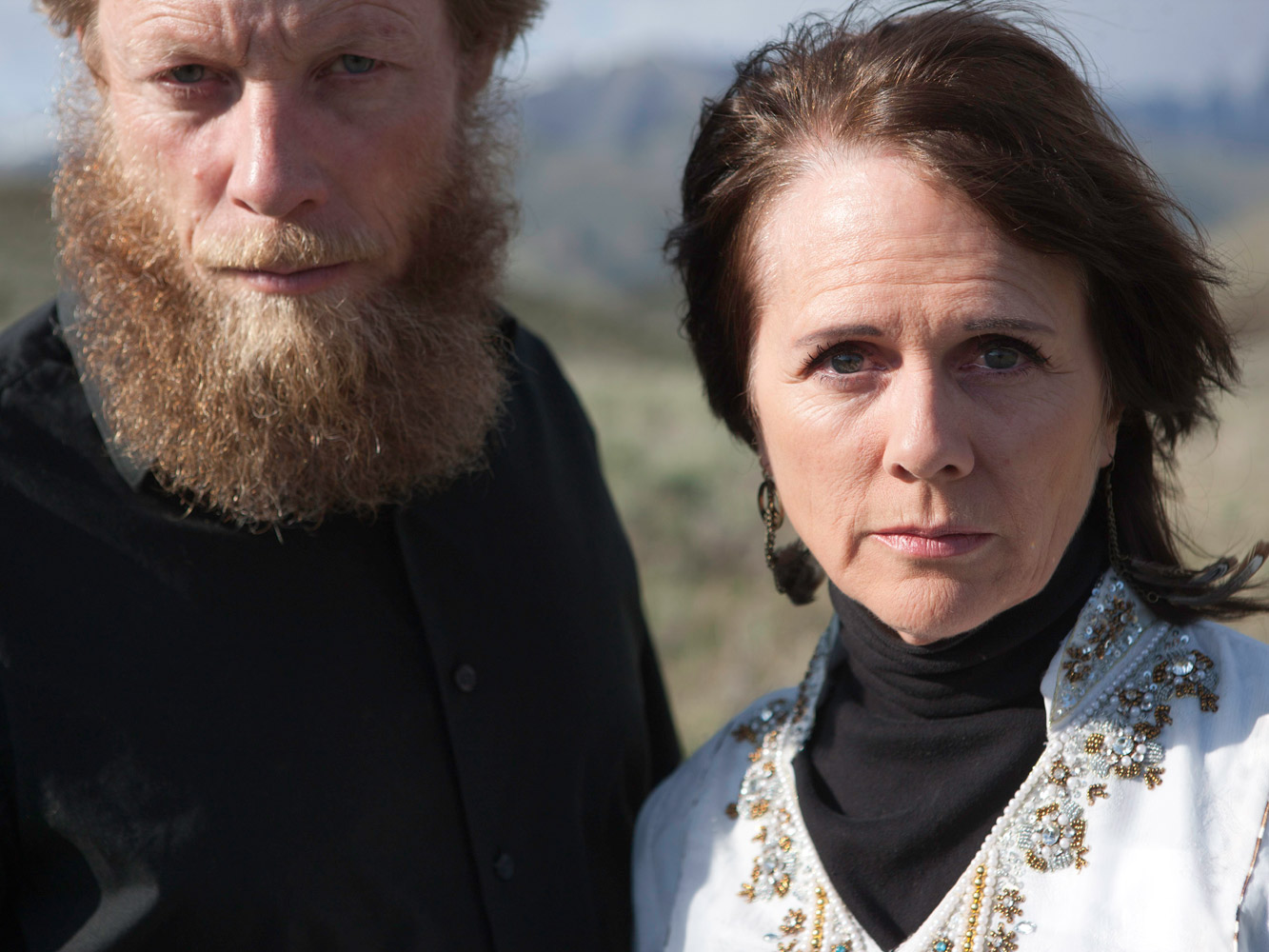
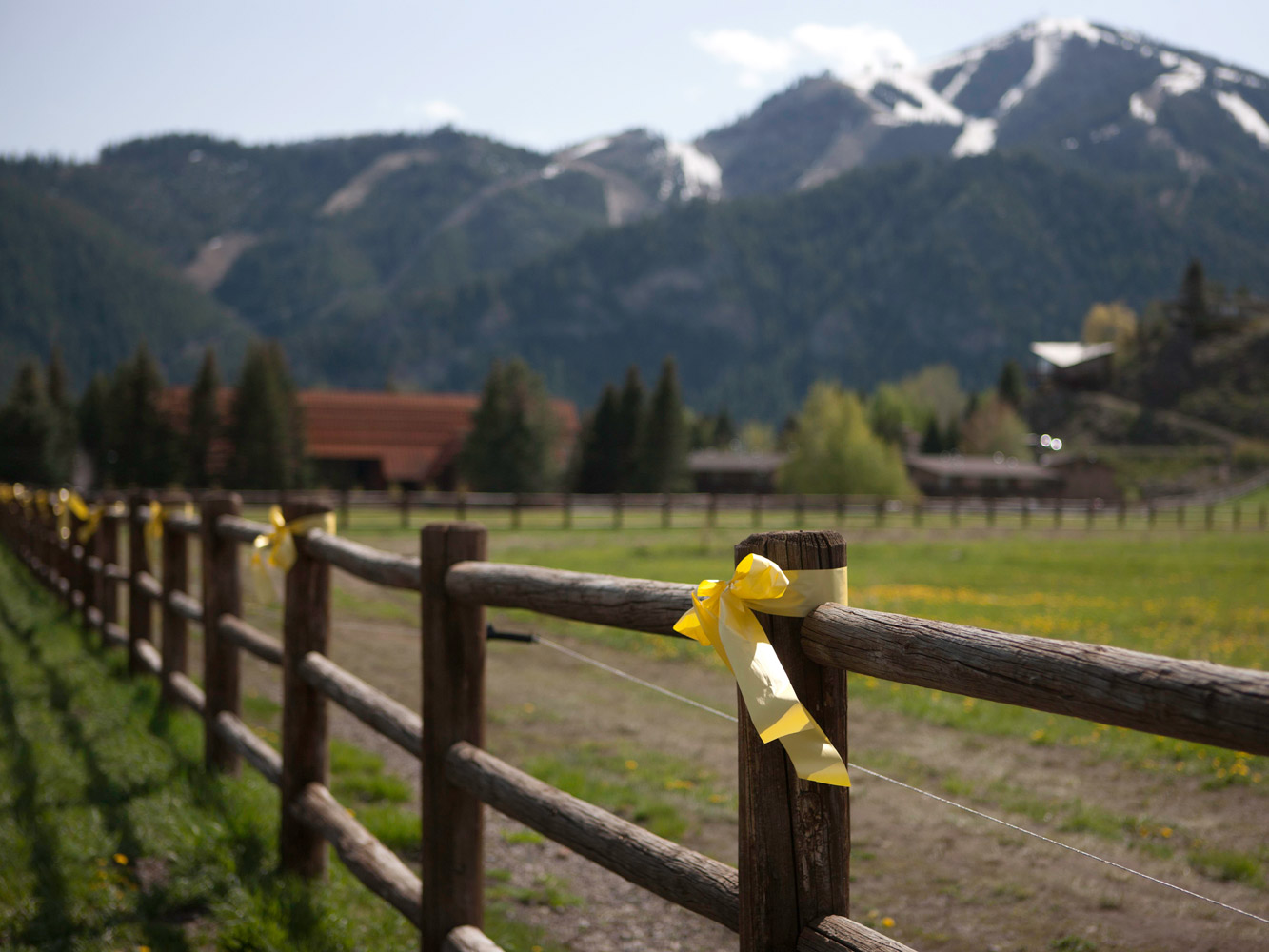
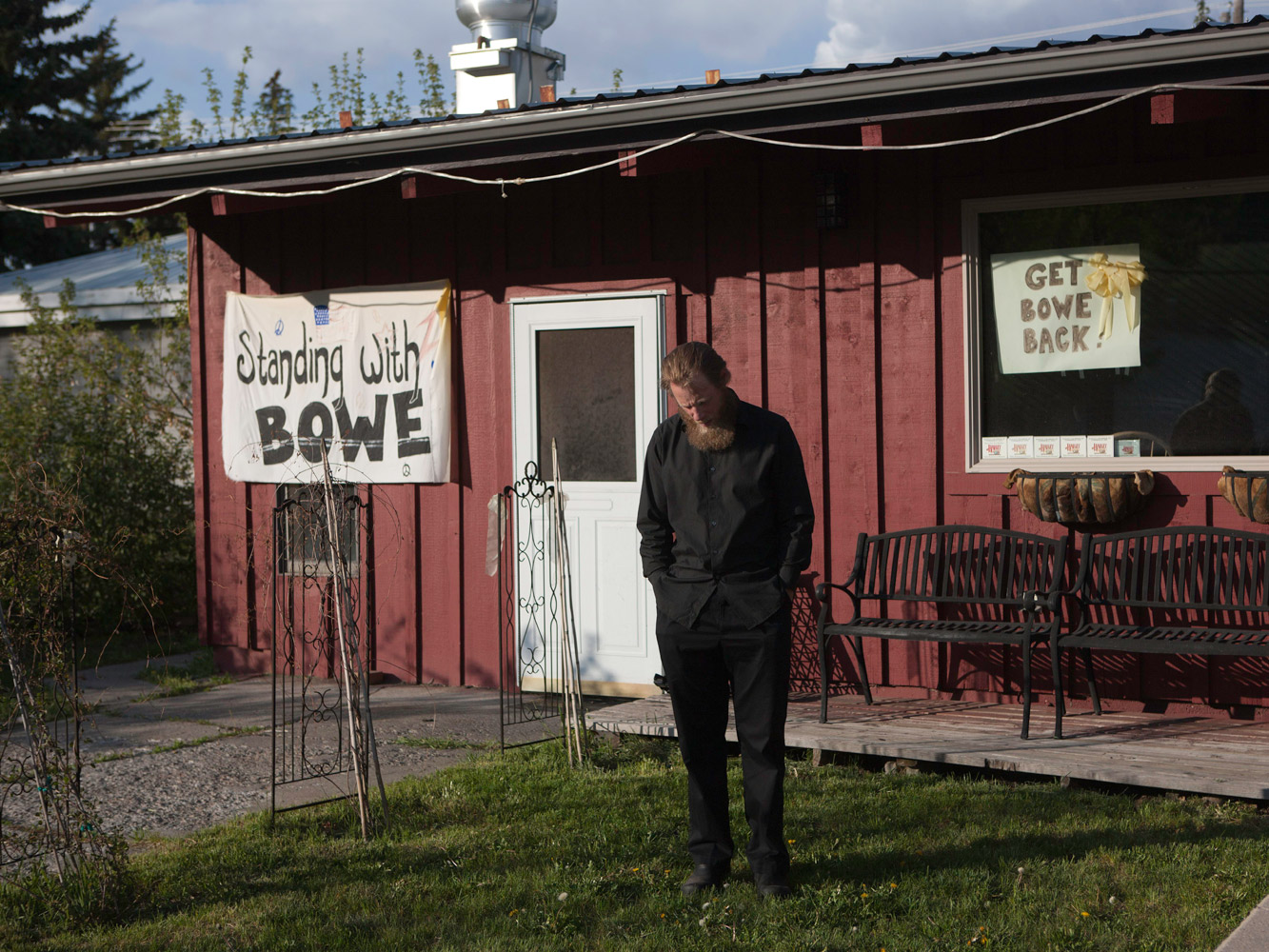
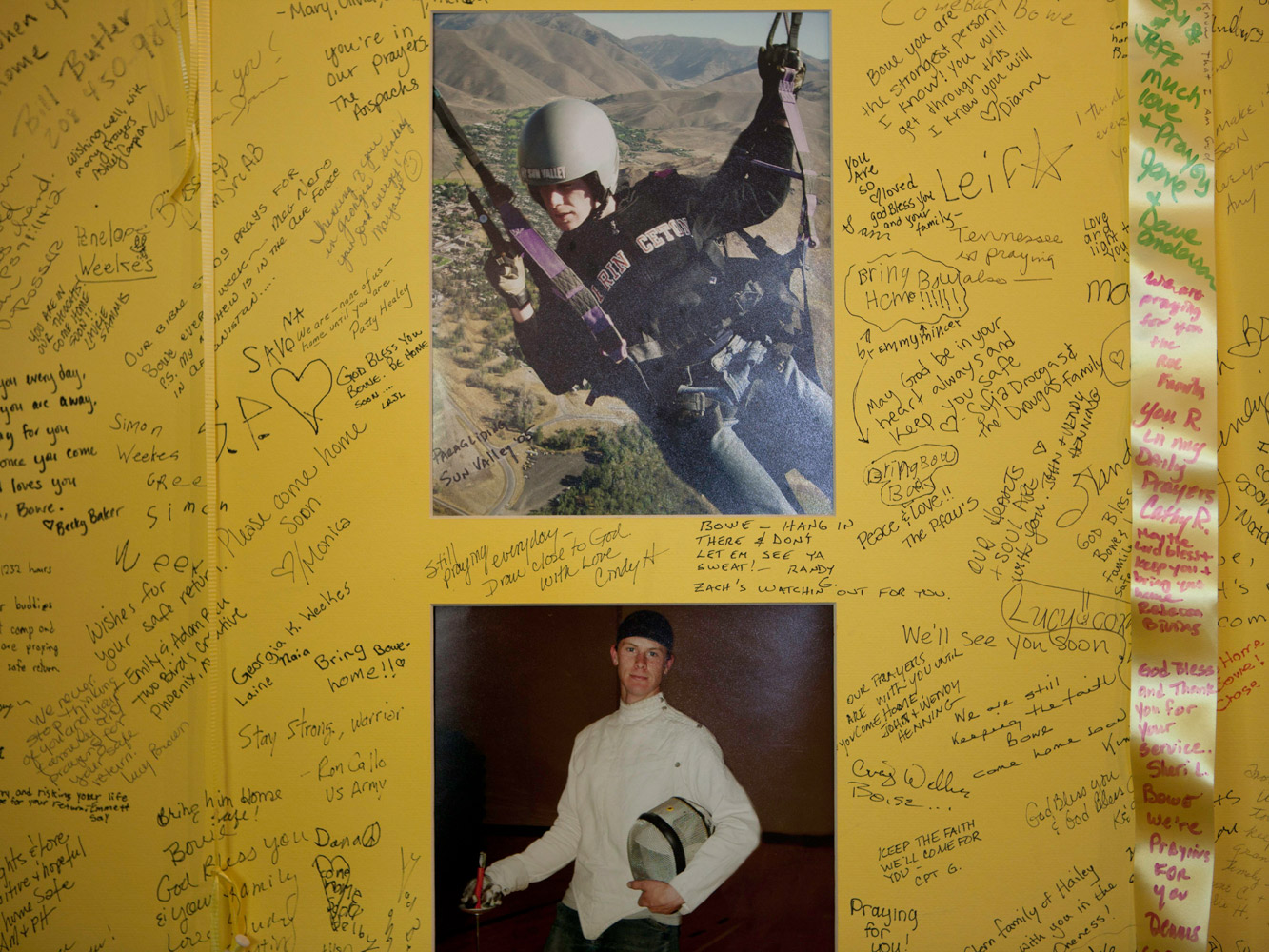
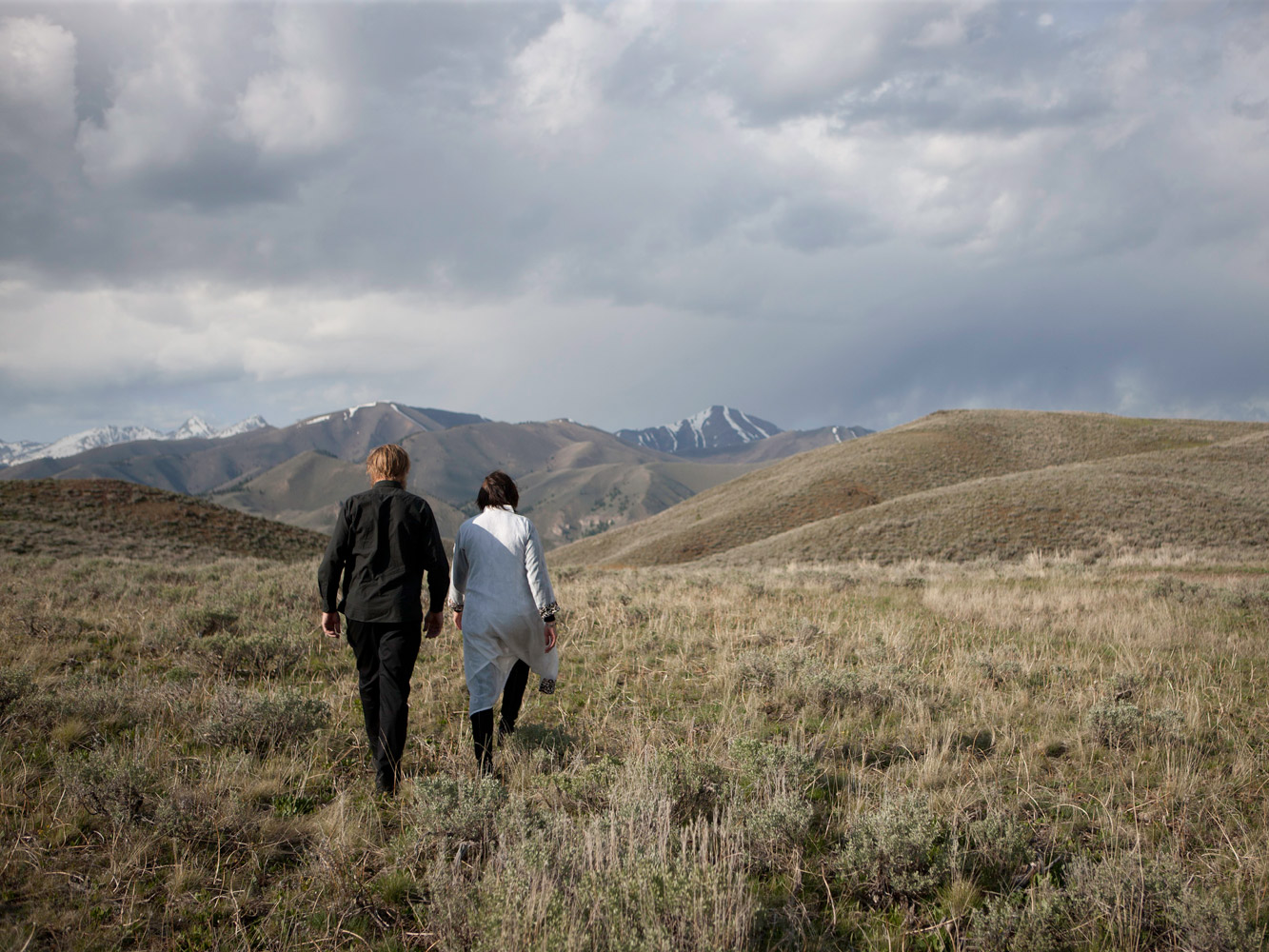
More Must-Reads from TIME
- Inside Elon Musk’s War on Washington
- Meet the 2025 Women of the Year
- Why Do More Young Adults Have Cancer?
- Colman Domingo Leads With Radical Love
- 11 New Books to Read in Februar
- How to Get Better at Doing Things Alone
- Cecily Strong on Goober the Clown
- Column: The Rise of America’s Broligarchy
Contact us at letters@time.com